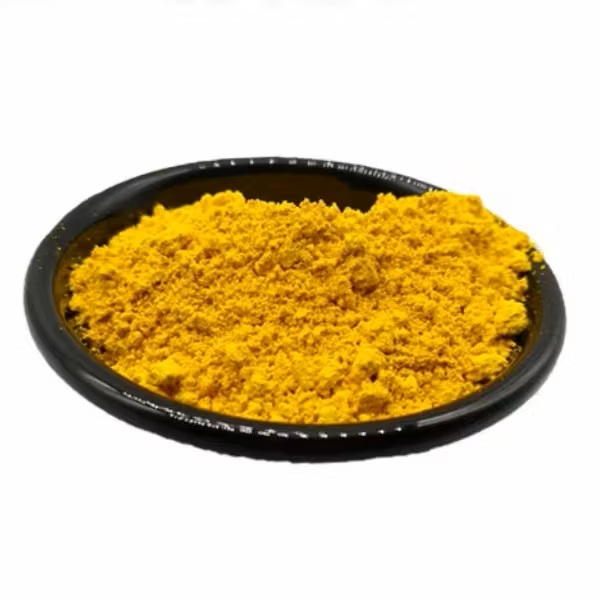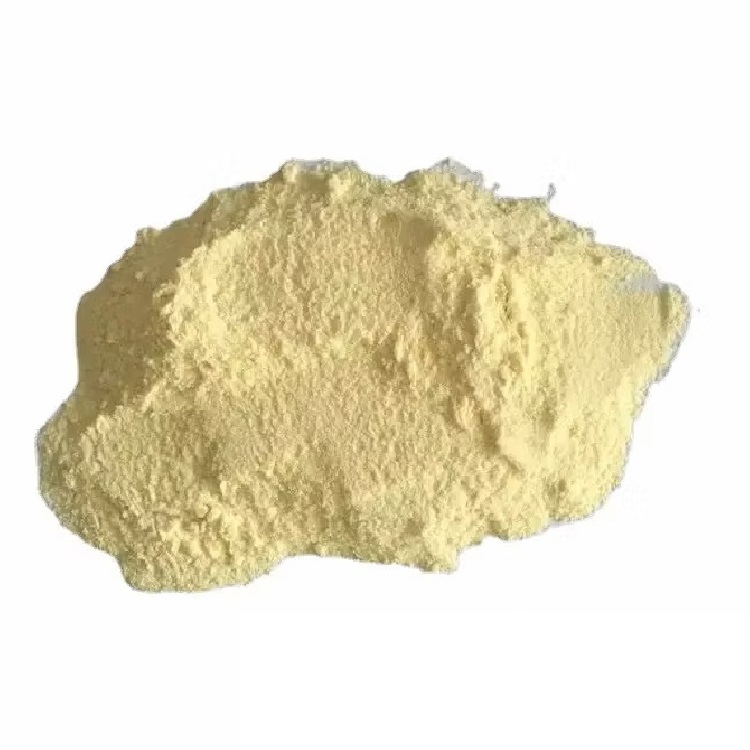Caffeic Acid Powder
Product description
Caffeic acid is a naturally occurring organic compound that belongs to the class of polyphenols, specifically the phenolic acids. It is found in a variety of plant-based foods, including coffee, fruits (like apples, pears, and grapes), vegetables (such as carrots and tomatoes), and certain herbs like sage and rosemary. When extracted and powdered, caffeic acid can be used as a supplement, offering a variety of potential health benefits.
Importance of Caffeic Acid Powder:
Caffeic acid is considered an important compound due to its antioxidant, anti-inflammatory, and anti-microbial properties. It is a potent bioactive compound that plays a significant role in plant defense mechanisms. When consumed, it may offer similar protective effects for human health.
Benefits of Caffeic Acid Powder as a Supplement:
Antioxidant Protection: Caffeic acid is a strong antioxidant. It helps neutralize free radicals in the body, which can cause oxidative stress. Oxidative stress is linked to chronic conditions like cardiovascular disease, neurodegenerative diseases (e.g., Alzheimer’s, Parkinson’s), diabetes, and even cancer. By fighting oxidative damage, caffeic acid may help reduce the risk of these conditions and slow down aging.
Anti-inflammatory Effects: Caffeic acid has been shown to have anti-inflammatory properties. Inflammation is a natural immune response, but chronic inflammation can lead to various health issues, including arthritis, heart disease, and inflammatory bowel diseases. By modulating inflammation, caffeic acid may help reduce symptoms associated with these conditions and promote overall health.
Immune System Support: The anti-inflammatory and antioxidant properties of caffeic acid contribute to a stronger immune system. It can support the body in fighting off infections and may help manage autoimmune diseases by regulating immune function.
Neuroprotective Effects: Caffeic acid is thought to have protective effects on the brain due to its antioxidant properties. It may help shield neurons from damage caused by oxidative stress and inflammation, potentially lowering the risk of neurodegenerative diseases such as Alzheimer’s and Parkinson’s. Some research suggests that caffeic acid may improve memory and cognitive function by promoting neurogenesis (the growth of new brain cells).
Antimicrobial and Antiviral Properties: Caffeic acid has demonstrated antimicrobial and antiviral effects in several studies. It may help prevent infections by inhibiting the growth of harmful bacteria, fungi, and viruses. This makes it a potential natural remedy for boosting immunity and preventing illness.
Cancer Prevention: Caffeic acid has shown potential as a cancer-fighting compound in preliminary studies. It may inhibit the growth of cancer cells and reduce the spread of tumors. The antioxidant and anti-inflammatory properties of caffeic acid can help minimize DNA damage and cellular inflammation, which are contributing factors in the development of cancer. However, further research is needed to fully understand its cancer-preventive mechanisms.
Liver Health: Caffeic acid has been shown to have hepatoprotective (liver-protecting) effects. It may help reduce liver inflammation and oxidative damage, which can be caused by excessive alcohol consumption, viral infections, or certain medications. This could contribute to overall liver health and help in the prevention of liver diseases.
Skin Health: The antioxidant and anti-inflammatory effects of caffeic acid also benefit skin health. Caffeic acid can help reduce oxidative stress caused by environmental factors like UV radiation and pollution, which accelerates skin aging. It may also help reduce inflammation, redness, and irritation, making it useful in the treatment of conditions like acne or eczema.
Cardiovascular Health: By combating oxidative stress and inflammation, caffeic acid may help improve heart health. It can help reduce the risk of cardiovascular diseases by lowering blood pressure, improving blood vessel function, and reducing cholesterol oxidation. Additionally, caffeic acid may have beneficial effects on blood sugar regulation, which is important for people with or at risk of Type 2 diabetes.
Digestive Health: Due to its anti-inflammatory and antioxidant properties, caffeic acid may help improve gut health by reducing inflammation in the digestive tract. This can be beneficial for individuals with conditions like irritable bowel syndrome (IBS), ulcerative colitis, or Crohn’s disease.
How to Take Caffeic Acid Powder:
Caffeic acid powder is typically available as a standalone supplement or as part of a blend with other antioxidants or herbal ingredients. It can be mixed into smoothies, shakes, or teas, or it can be taken in capsule form for convenience.
Considerations:
- Dosage: While specific recommended dosages vary, common doses of caffeic acid range between 50 to 500 mg per day. It’s important to follow the directions on the supplement packaging or consult with a healthcare provider.
- Interactions and Side Effects: Caffeic acid is generally considered safe when consumed in appropriate amounts, but excessive doses may cause gastrointestinal discomfort. People who are sensitive to caffeine (as caffeic acid is found in coffee) may experience some mild side effects like jitteriness. As with any supplement, it’s best to consult with a healthcare professional, especially if you’re on medications or have a pre-existing medical condition.


